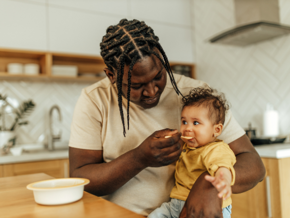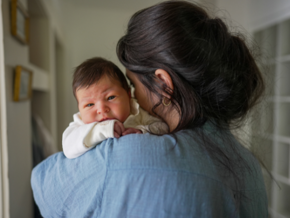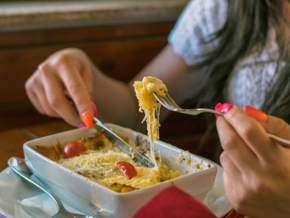
Emotional Development in Your Baby
Your baby is discovering their emotions from birth. Their senses develop and they form emotional bonds which will be influential factors in their ongoing development.
Emotional development is a very sensitive stage of baby development. It may even contribute to what kind of a person your baby grows up to be – compassionate or indifferent, trusting or apprehensive, optimistic or pessimistic, hopeful or resentful. It is important that you have a kind and loving attitude towards your baby. Providing love and building trust is crucial for your baby to develop a sense of belonging. Such feelings build a strong foundation and can help reduce stress levels in your baby. Establishing love and trust in the early developing years helps your baby develop mental and emotional strength and resilience and will most likely help them deal with the varied and challenging situations throughout their life.
Understanding the language of your baby’s affection
To begin with, the signs your baby shows to express affection toward you may be difficult to identify. It may just feel all they want is food or a bath or a clean nappy! However while it may look more like an inclination or liking towards you rather than a show of love – they are very genuine in their responses and are very sensitive to your responses in return. Around 6 weeks of age, you will get your first smile and all the wait has been worth it. Your baby is finally ready to display their first conscious grin at faces that have become familiar to them.
By 4 months your baby will start to imitate you. They may try to mimic your moves and expressions, a reflex that becomes more intentional as they learn that you respond and enjoy it. The more animated you get the more your baby is going to copy you.
By 7 months your baby may raise their arms to be held, and you will jump to it. Once they have the motor skills to grab for their favourite toy, they are going to start grabbing for you too. This is definitely a positive sign of baby development and a reason to be happy. Your baby may start to cry when you separate from them, but this is very normal and an important part of their mental and emotional development. Even if for a short while, this separation anxiety shows that they prefer you over others.
By 8 months your baby may start to imitate your words and by about 12 months say their first words and you may even get a “mama.” The combination of such easy-to-make sounds and a desire to name what’s important to them is often among the earliest words that your baby speaks. Most commonly, the first words sound like “mama” – but don’t worry if “dada” comes first – they’re most likely just sounds at this point in time with little meaning.
By 12 months your baby loves giving kisses. Around their first birthday, your baby finally has the motor and communication skills to respond to your kisses. They may forget to close their mouth after bringing it close to your cheeks but keep encouraging those sloppy beginnings – they will get better.


















